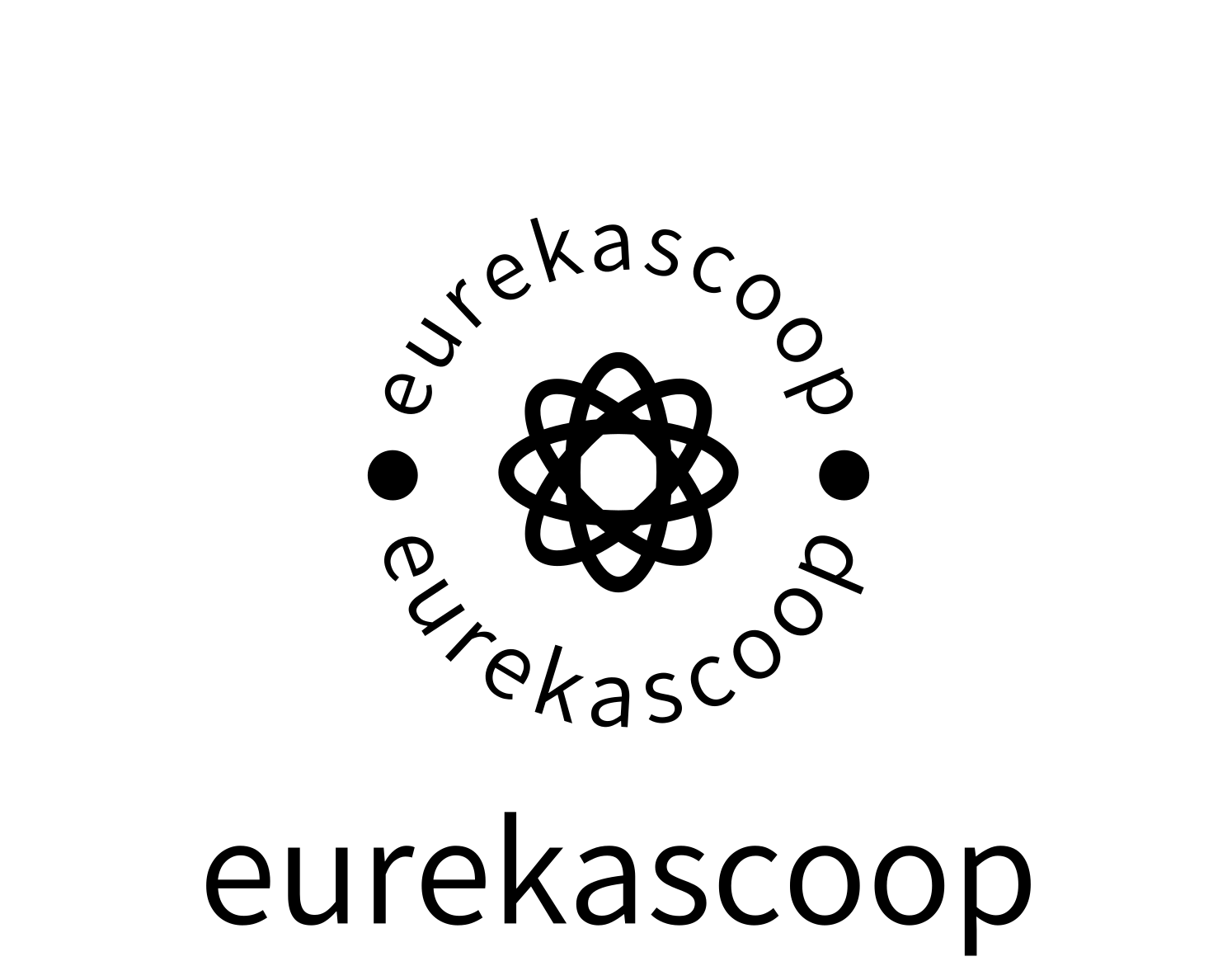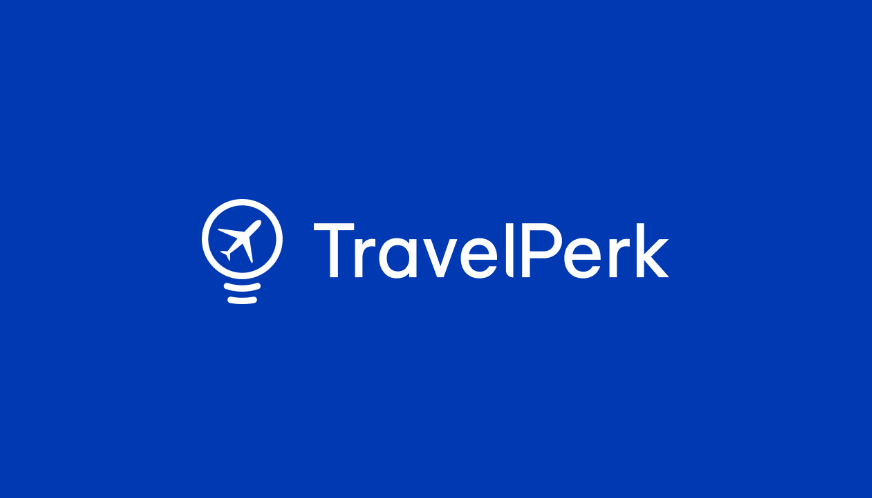TravelPerk has just closed a funding round, raising funds from Sequoia and Softbank to expand its operations into FinTech.
The Barcelona-based company announced two significant developments: First, they completed a new round of funding. Second, they purchased a Swiss company called Yokoy, which specializes in spend management (helping businesses track and control their expenses). This acquisition serves two strategic purposes – it allows the company to expand into offering financial services, while also helping them create a more comprehensive platform that handles both travel arrangements and expense management in one place.
TravelPerk announced that they plan to use their newly acquired funding for three main strategic initiatives. First, they intend to accelerate their overall business growth. Second, they specifically want to strengthen and expand their presence in the United States market. Third, they will invest in enhancing their core technology infrastructure, with a particular focus on developing their product offerings and incorporating artificial intelligence capabilities into their platform.
This statement reveals a typical pattern we see in growth-stage companies: using new funding to simultaneously pursue geographic expansion (in this case, the U.S. market) while also investing in technological advancement to stay competitive. The mention of artificial intelligence suggests they’re aiming to modernize their service offerings and potentially automate or enhance certain aspects of their travel management platform.
Like many companies in the travel industry, TravelPerk experienced a sharp decline in revenue during 2020 and 2021, a direct result of the COVID-19 pandemic bringing business travel to an almost complete halt worldwide. However, the company has demonstrated remarkable recovery since then. According to their Chief Commercial Officer Taunay-Bucalo, their current revenue has surpassed their pre-pandemic levels by a factor of five, indicating not just a recovery but substantial growth beyond their pre-COVID performance.
erk secured a significant investment of $104 million through a venture funding round. The funding came from multiple investors, with SoftBank, a prominent global investment firm known for backing technology companies, leading the investment. The primary purpose of this capital raise was to accelerate TravelPerk’s development and implementation of artificial intelligence technology and related products within their platform.
This funding decision reflects the broader trend in the travel technology industry where companies are increasingly focusing on AI integration to enhance their service offerings. SoftBank’s involvement is particularly noteworthy, as they have a history of making strategic investments in companies that are leveraging cutting-edge technology to transform traditional industries. When a company like TravelPerk earmarks such a substantial portion of their funding specifically for AI development, it suggests they see artificial intelligence as a crucial differentiator in the future of business travel.
In conjunction with this financial move, TravelPerk made a strategic acquisition of AmTrav, a corporate travel booking software company based in Chicago. This acquisition, completed in June, was specifically designed to strengthen TravelPerk’s presence in the United States market. The choice of AmTrav was particularly strategic because of its established presence in Chicago, a major hub for business travel in the U.S., and its existing relationships with American corporate clients.
TravelPerk’s head of technology isn’t worried about the rise of autonomous AI, which can independently perform tasks for users without needing specific instructions.
OpenAI recently launched Operator, an AI tool that can handle tasks like booking travel and making restaurant reservations for users. But TravelPerk does not view this as a threat and will innovate to make its product better.
Taunay-Bucalo stated that the company will evaluate everything new. Their process involves testing, releasing, and then either keeping successful features or discontinuing unsuccessful ones.

